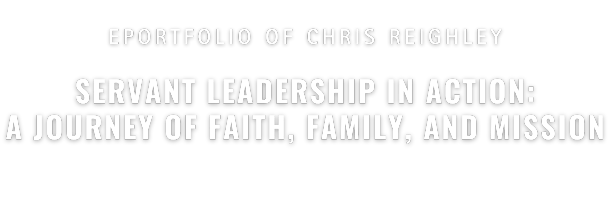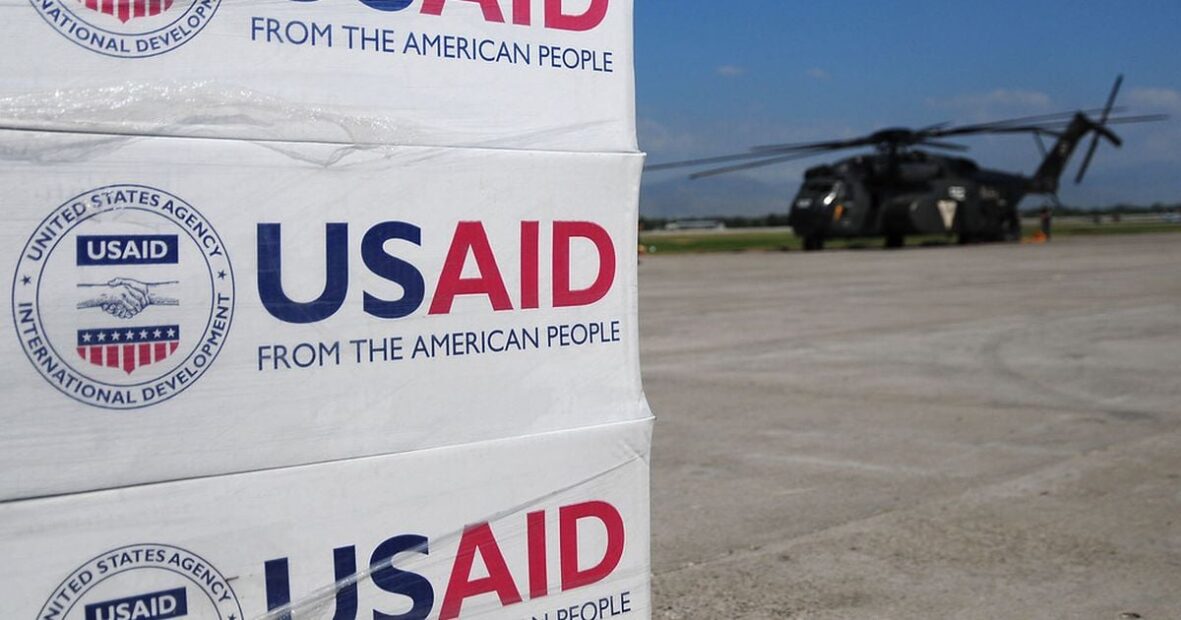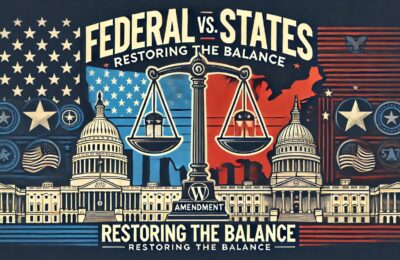Foreign aid, when properly managed, is a powerful expression of compassion—a means for nations to help the poor, feed the hungry, and provide relief to those in distress. Scripture calls believers to care for the needy, as seen in passages like Proverbs 19:17:
“One who is gracious to the poor lends to the LORD, And He will repay him for his good deed.”
The United States Agency for International Development (USAID) was created with this vision in mind—to lift nations out of poverty and foster global stability. Yet, decades later, a troubling reality emerges: billions in taxpayer dollars lost to fraud, waste, and controversial agendas that do not align with biblical principles of stewardship, justice, and accountability.
This is not simply about whether the U.S. should provide aid—it is about whether that aid is being used wisely, honestly, and for godly purposes.
Biblical Stewardship vs. Government Waste
The Bible is clear about stewardship—resources should be managed wisely and for God-honoring purposes. 1 Corinthians 4:2 states:
“In this case, moreover, it is required of stewards that one be found faithful.”
Yet, USAID has become a case study in wasteful spending, with billions of dollars vanishing due to corruption, poor oversight, and inefficient projects.
Afghanistan: The Barren Fruit of Mismanagement
From 2001 to 2021, USAID poured over $145 billion into Afghanistan, with at least $19 billion lost to corruption and fraud (SIGAR Report).
Some of the most egregious examples include:
• $43 million on a gas station that should have cost $500,000.
• $28 million on unusable Afghan military uniforms.
• Billions in “ghost projects”—hospitals, schools, and roads that were never built.
Jesus warned against blind leadership in Matthew 15:14:
“They are blind guides of the blind. And if a person who is blind guides another who is blind, both will fall into a pit.”
USAID’s lack of accountability in Afghanistan led to fruitless spending, and when the U.S. withdrew, the Taliban took over within days. Instead of empowering the nation, USAID’s failed stewardship poured resources into a leaking vessel.
The “Poverty Industry”: When Aid Becomes an Idol
Haiti’s 2010 earthquake was one of the most devastating natural disasters in modern history. In response, USAID pledged $1.5 billion to help rebuild the nation. Yet, over a decade later, Haitians are still waiting for that aid to make a difference.
• Less than 1% of funds actually went to Haitian organizations.
• A $300 million industrial park promised 60,000 jobs but created fewer than 8,000.
• A housing project meant to build 15,000 homes only produced 900 poorly built structures at triple the estimated cost.
Haitians now refer to USAID as “the poverty industry”—where aid workers and contractors benefit more than the people they claim to serve.
This aligns with James 2:15-16, which warns against empty, performative charity:
“If a brother or sister is without clothing and in need of daily food, and one of you says to them, ‘Go in peace, be warm and be filled,’ yet you do not give them what is necessary for their body, what use is that?”
If aid is given without wise oversight and biblical stewardship, it becomes useless and self-serving rather than truly transformative.
When Government Becomes a Substitute for God
While charity and assistance to the poor are biblical principles, government-driven aid often replaces the role of the church and individual responsibility. The state becomes the provider, while personal generosity, accountability, and the gospel’s role in true transformation are ignored.
Paul warned against this in 2 Thessalonians 3:10:
“If anyone is not willing to work, then he is not to eat, either.”
This verse is not about denying aid to those who cannot work but rather ensuring that assistance does not create dependency. Many USAID projects create an unsustainable welfare state, where nations become perpetual recipients of aid without long-term solutions.
• Afghanistan—collapsed despite billions in aid.
• Haiti—remains one of the poorest nations despite decades of assistance.
• Africa—many nations rely on foreign aid rather than economic self-sufficiency.
The biblical model for helping others is not endless handouts but empowering people to flourish. This is seen in Leviticus 19:9-10, where God commands the Israelites:
“When you reap the harvest of your land, you shall not reap to the very edges of your field, nor shall you gather the gleanings of your harvest… You shall leave them for the needy and the stranger.”
Instead of giving free food indefinitely, God’s system allowed the poor to gather food for themselves, maintaining dignity and self-sufficiency.
USAID’s Controversial Social and Political Agendas
Funding for Abortion and Population Control
USAID funnels millions into global abortion and family planning programs, often working against the pro-life values held by many American taxpayers.
• Planned Parenthood Global has received USAID funding.
• USAID has distributed abortifacient drugs in developing nations.
• Some programs have promoted sterilization campaigns in poor countries.
God’s Word is clear about the sanctity of life:
“Before I formed you in the womb I knew you, and before you were born I consecrated you.” — Jeremiah 1:5
A government agency that promotes ending lives under the guise of “helping” women is a direct contradiction of biblical principles.
Exporting Ideological Colonialism
USAID has funded LGBTQ+ activism in countries where such initiatives violate local laws and values.
• Uganda banned USAID-funded groups for pushing LGBTQ+ activism.
• Nigeria and Ghana rejected USAID-backed LGBTQ+ initiatives, calling them “Western imperialism.”
The Bible teaches that believers are to live peaceably with others (Romans 12:18) and that imposing Western ideologies on other nations under the guise of “aid” is neither charitable nor just.
Source: USAID LGBTQ+ Policy Initiatives
Conclusion: A Biblical Alternative to Government Aid
The Bible supports helping the poor, but it also teaches wise stewardship, accountability, and a distinction between charity and government overreach.
So, where do we go from here?
1. Shift Aid from Government to Churches and Local Organizations
• Government cannot spread the gospel, but the church can.
• Aid should empower local communities, not make them dependent.
2. Demand Transparency and Reform in Foreign Aid
• Taxpayer dollars must be accounted for.
• Corrupt governments and inefficient projects must be exposed.
3. Focus on Economic Empowerment, Not Endless Handouts
• Support programs that create jobs, education, and self-sufficiency.
• Move away from funding programs that promote dependency.
America is blessed with resources, but as Luke 12:48 reminds us:
“To whom much is given, much will be required.”
The question is not whether we should help the world—but how we should do it in a way that honors God and produces lasting transformation.
What do you think? Should USAID be reformed, replaced, or eliminated? Let’s discuss!
References:
• USAID Family Planning & Abortion
Let’s hold foreign aid accountable—biblically, financially, and ethically.







